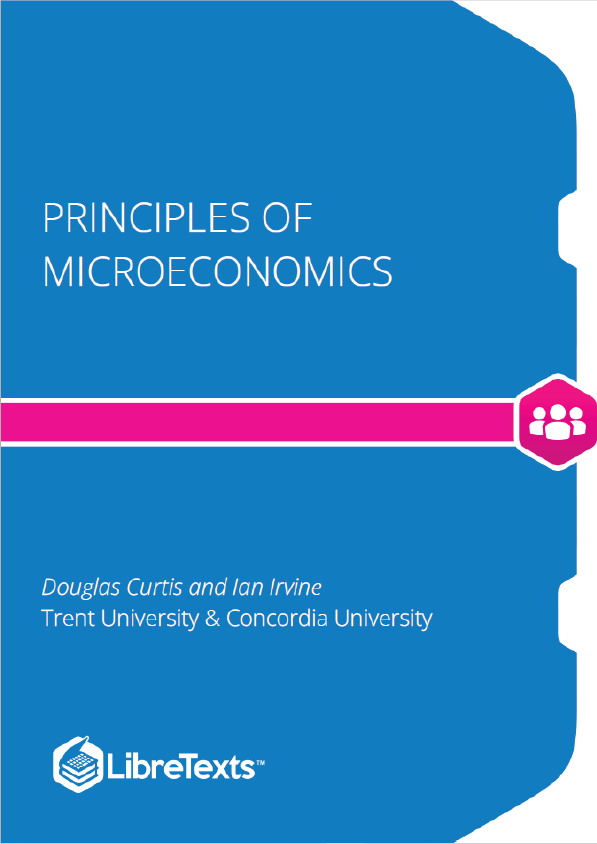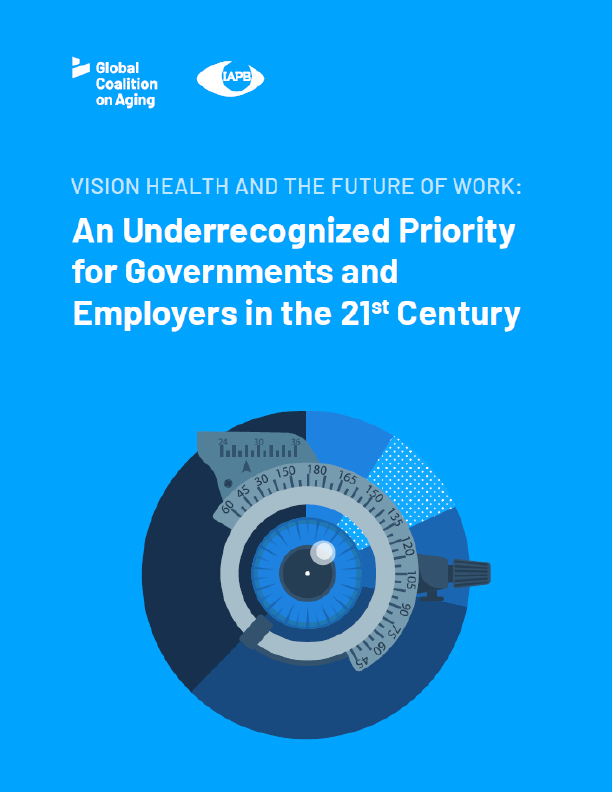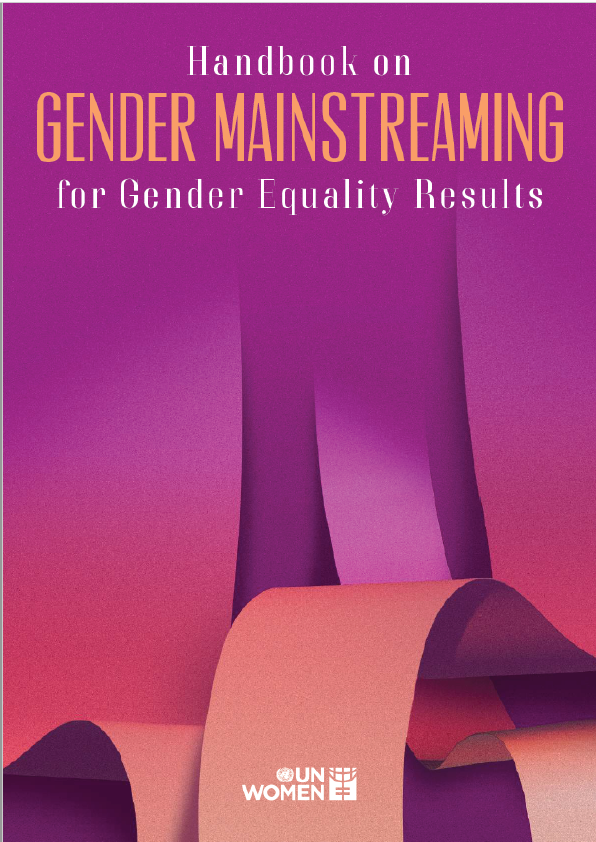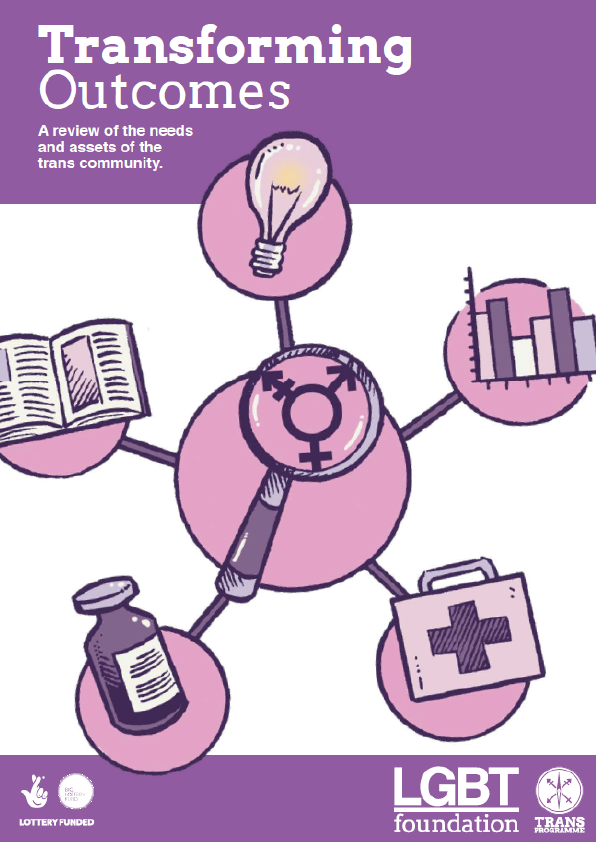Principles of Microeconomics is an adaptation of the textbook, Microeconomics: Markets, Methods, and Models by D. Curtis and I. Irvine, which provides concise yet complete coverage of introductory microeconomic theory, application and policy in a Canadian and global environment.
This adaptation employs methods that use equations sparingly and do not utilize calculus. The key issues in most chapters are analyzed by introducing a numerical example or case study at the outset. Students are introduced immediately to the practice of taking a data set, examining it numerically, plotting it, and again analyzing the material in that form. This textbook is intended for a one-semester course, and can be used in a two-semester sequence with the companion textbook, Principles of Macroeconomics. The three introductory chapters are common to both textbooks.
Economics is a social science; it analyzes human interactions in a scientific manner. We begin by defining the central aspects of this social science – trading, the marketplace, opportunity cost and resources. We explore how producers and consumers interact in society. Trade is central to improving the living standards of individuals. This material forms the subject matter of Chapter 1.
Methods of analysis are central to any science. Consequently we explore how data can be displayed and analyzed in order to better understand the economy around us in Chapter 2. Understanding the world is facilitated by the development of theories and models and then testing such theories with the use of data-driven models.
Trade is critical to individual well-being, whether domestically or internationally. To understand this trading process we analyze the behaviour of suppliers and buyers in the marketplace. Markets are formed by suppliers and demanders coming together for the purpose of trading. Thus, demand and supply are examined in Chapter 3 in tabular, graphical and mathematical form.
Economics is the study of human behaviour. Since it uses scientific methods it is called a social science. We study human behaviour to better understand and improve our world. During his acceptance speech, a recent Nobel Laureate in Economics suggested:
Economics, at its best, is a set of ideas and methods for the improvement of society. It is not, as so often seems the case today, a set of ideological rules for asserting why we cannot face the challenges of stagnation, job loss and widening inequality.
Christopher Sims, Nobel Laureate in Economics 2011
This is an elegant definition of economics and serves as a timely caution about the perils of ideology. Economics evolves continuously as current observations and experience provide new evidence about economic behaviour and relationships. Inference and policy recommendations based on earlier theories, observations and institutional structures require constant analysis and updating if they are to furnish valuable responses to changing conditions and problems.








